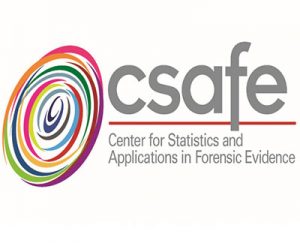The California Supreme Court has granted the habeas petition, in an opinion released today here, of William Richards – in his case, the prosecution bite mark expert had recanted his opinion. The Court concluded that under a 2014 post-conviction statute in California that permits relief based on changed scientific understanding, Richard could obtain relief. The original odontologist now states that “With the benefit of all of the photographs [of the crime scene and the victim’s injuries], and with my added experience, I would not now testify as I did in 1997,” and “I cannot now say with certainty that the injury on the victim‘s hand is a human bite mark injury” and further that the defendant’s teeth “are not consistent.” The new statute states that where relief can be granted based on “false evidence, “For purposes of this section, ‘false evidence‘ shall include opinions of experts that have either been repudiated by the expert who originally provided the opinion at a hearing or trial or that have been undermined by later scientific research or technological advances.” The Court stated: “we conclude that petitioner has shown that [the odontologist’s] trial testimony that the lesion on [the victim’s] hand was consistent with the assertedly unusual dentition of petitioner‘s lower teeth constituted ―false evidence‖ within the meaning of section 1473 as amended in 2014.”


Leave a Reply